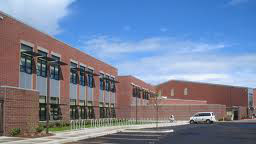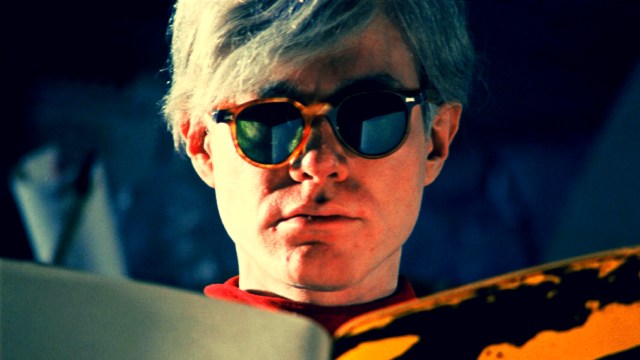Everything I Learned in School About Being Wrong Is Wrong

I make a lot of mistakes. I’m wrong probably about half of the time, and I might even be wrong about that. Often we are quick to point out when others are incorrect, but if we miss our own mistakes, we’re missing an opportunity to learn. That’s one of the problems facing the education system, an issue discussed in a recent article by education expert Peter DeWitt. Teachers are giving students answers instead of letting them figure it out, and when they don’t have the chance to explore and possibly be wrong, they’re not learning.
John Hattie, a preeminent education researcher at Visible Learning, says that one of the most positive environments to foster learning and comprehension is when “errors and trust are welcomed as opportunities to learn.” Creating a classroom culture of accepting failure instead of dismissing it may be the best thing a teacher can do.
Lawrence Krauss passionately defends the idea that teaching facts and teaching critical thinking are not the same things — at all.
If you never fall off a bike, you’ll never have to get back on. Part of the lesson we learn when gaining new skills is that we have to be terrible before we’re any good. Anyone who has tried to learn an instrument can tell you that. Playing the wrong notes teaches you patience and acceptance as well as how to play the right notes. So it is with school — putting forth the effort and getting the answer wrong requires you to get back on the bike, or pick up the guitar, and try again. What you’re learning isn’t just the new skill or concept; you’re learning resilience, and that a little bit of failure won’t kill you.
The researchers over at the University of Pennsylvania call this “grit.” It’s a way of measuring how likely one is to reach long-term goals, and how quickly we recover from setbacks. If we teach kids that being wrong is in itself wrong, and we will give them the answer anyway, we’re taking away their chance to develop a trait that often predicts lifelong success.
Making mistakes is smart. Being wrong is right. That’s how we grow, how we learn, and it determines how we will handle bigger life issues outside of school and later in life. Education has made a mistake in how it treats this issue, but perhaps it can learn from its mistakes. But then, maybe I’m wrong.
—
Lori Chandler is a writer and comedian living in Brooklyn, NY. She has been published in The New York Times and on CollegeHumor. You can follow her on Twitter @LilBoodleChild to keep up with her latest pieces, performance dates, and wry observations.
PHOTO CREDIT: Orlando/Hulton Archive





